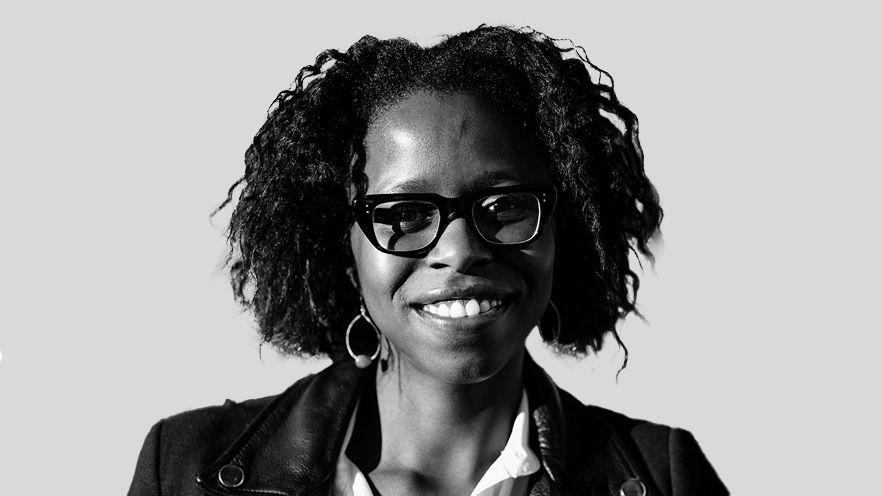Women in AI: Rashida Richardson, Senior Counsel at Mastercard specializing in AI and privacy

To shine a spotlight on the contributions of AI-focused women academics and professionals, TechCrunch is launching a series of interviews highlighting remarkable women who have played significant roles in the AI revolution. This initiative aims to provide well-deserved recognition to individuals whose work has often gone unnoticed. Keep an eye out for multiple profiles throughout the year, as the AI field continues to flourish, showcasing the impactful work of these trailblazers.
Rashida Richardson, currently serving as senior counsel at Mastercard, is one such standout individual. In her role, she addresses legal matters concerning privacy, data protection, and AI. Previously, Richardson held positions such as director of policy research at the AI Now Institute—a research institute focusing on the societal implications of AI—and senior policy advisor for data and democracy at the White House Office of Science and Technology Policy. Since 2021, she has also served as an assistant professor of law and political science at Northeastern University, where her research specialization lies in the intersection of race and emerging technologies.
Rashida Richardson, senior counsel, AI at Mastercard
Briefly, how did you get your start in AI? What attracted you to the field?
Given my background as a civil rights attorney, I have tackled various issues ranging from privacy and surveillance to school desegregation, fair housing, and criminal justice reform. Throughout my career, I witnessed the early adoption and experimentation of AI-based technologies by governments. In some instances, I recognized the inherent risks and concerns and took proactive steps to advocate for greater oversight and safeguards through technology policy efforts in New York State and City.
However, I remained inherently skeptical of AI-related solutions, particularly those marketed as solutions to systemic issues like school desegregation or fair housing. My previous experiences made me acutely aware of existing policy and regulatory gaps in this domain. I noticed a scarcity of individuals in the AI field with backgrounds similar to mine, who could provide the analysis and interventions necessary to address these complex issues.
Realizing the potential for meaningful contributions in this space, I made a deliberate decision to focus my legal practice and academic work on AI, specifically concentrating on policy and legal issues surrounding their development and use. This shift allowed me to leverage my prior experiences in novel ways and pursue avenues where I could bridge the gap between civil rights advocacy and emerging technologies.





















